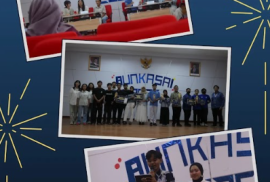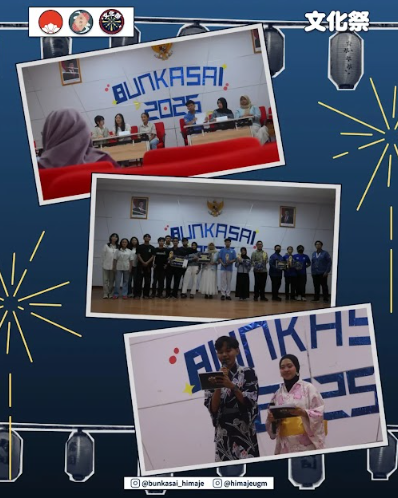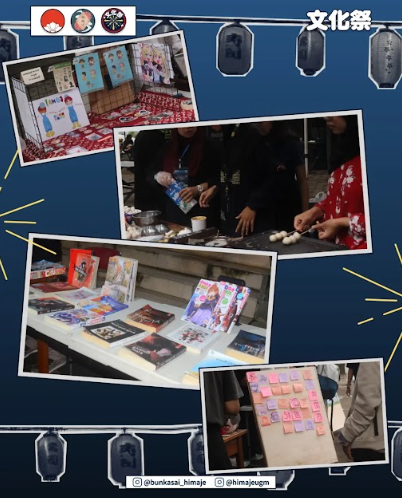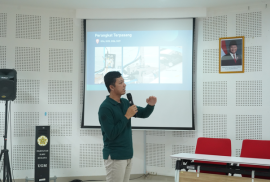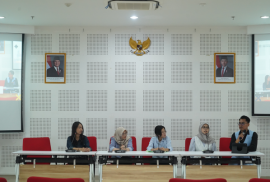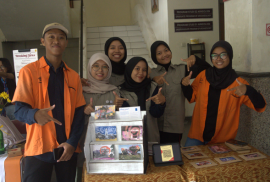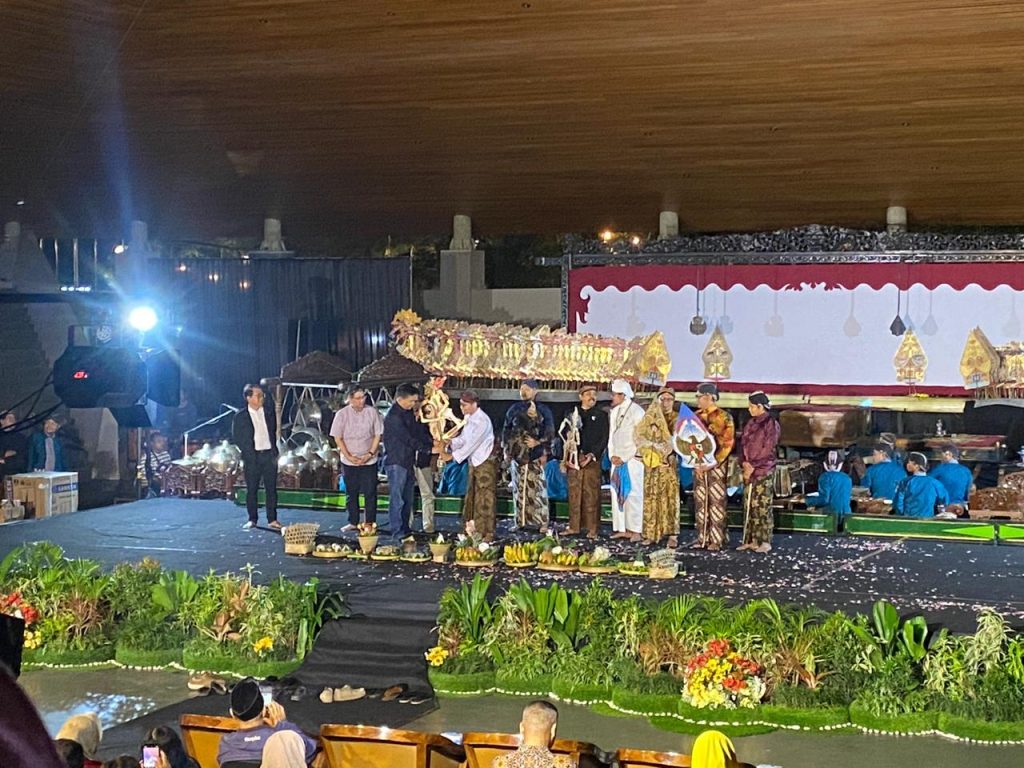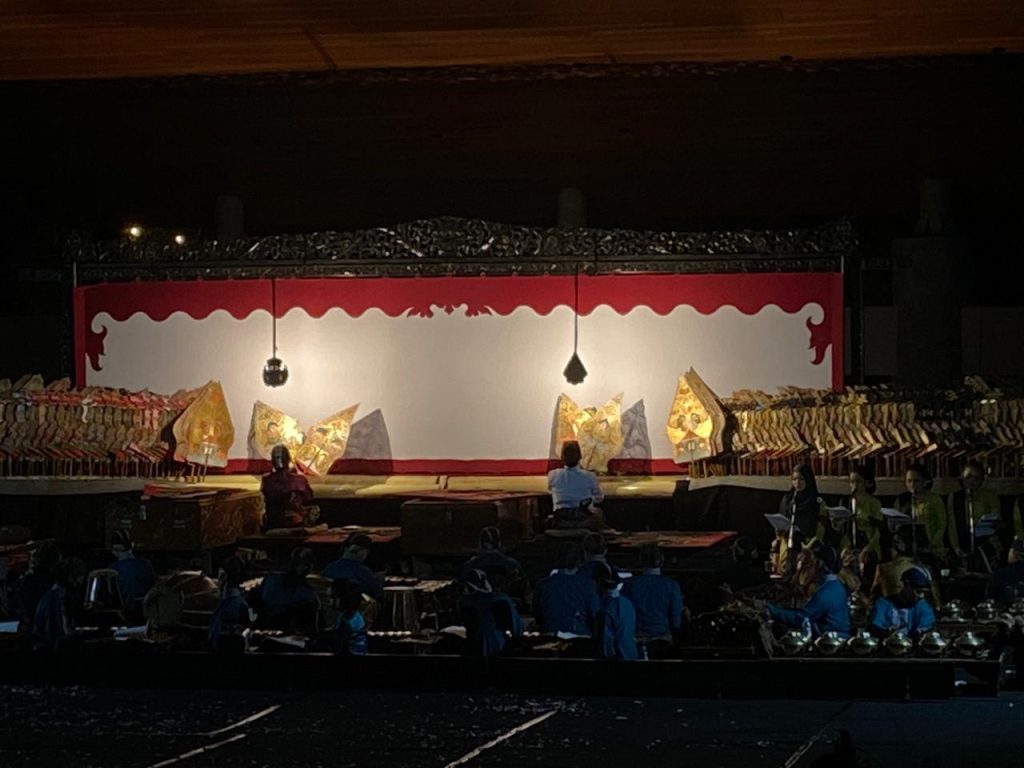The Japanese Language and Culture Program (BKJ) at Universitas Gadjah Mada, through its student association HIMAJE, held Bunkasai 2025 under the theme “Natsu no Bunkasai.” Inspired by Japanese school culture festivals, the two-day event offered an immersive cultural experience through stage performances, competitions, interactive booths, karaoke, and a lively bazaar, allowing visitors to enjoy a festive and engaging atmosphere.
Bunkasai took place on Friday and Saturday, 14–15 November 2025, across several key venues at the Faculty of Cultural Sciences (FIB) UGM, including Plaza Margono, the Auditorium, and Greenland. On the first day, activities began as the gates opened at Greenland, followed by an opening session and welcoming remarks. The day concluded with stage performances that set the festive tone of the event. One of the highlights was a performance by HIKARI, which energized the audience and marked the beginning of the entertainment program leading up to the opening of the bazaar.
On the second day, the event started with the opening of competitions at the Soegondo Building, followed by contests such as a quiz competition, Mobile Legends, and chess. Visitors were also invited to participate in other competitions, including speech, dokkai (Japanese reading), and presentations, emphasizing that the festival served not only as a space for entertainment but also as a platform for showcasing Japanese language skills.
In the afternoon and evening, the festival returned to Greenland with an even more vibrant atmosphere. The bazaar reopened alongside the announcement of competition results, followed by performances from internal BKJ communities such as HIGAKU and DAIJI. After an exhibition session and mini games, the event continued with a highly anticipated group karaoke session, reinforcing the spirit of expression and togetherness that Bunkasai aimed to create.
Overall, Bunkasai 2025 demonstrated how BKJ UGM students do not only study Japanese language and culture in the classroom, but also bring it to life through an open, interactive, and collaborative cultural festival. Through a combination of performances, competitions, bazaar activities, and creative programs, Bunkasai became one of the events that reflects the strong and dynamic student community within BKJ UGM, while also serving as an enjoyable medium for introducing Japanese culture to a broader audience.
[Japanese Literature, Barra Taura Nursaid]

